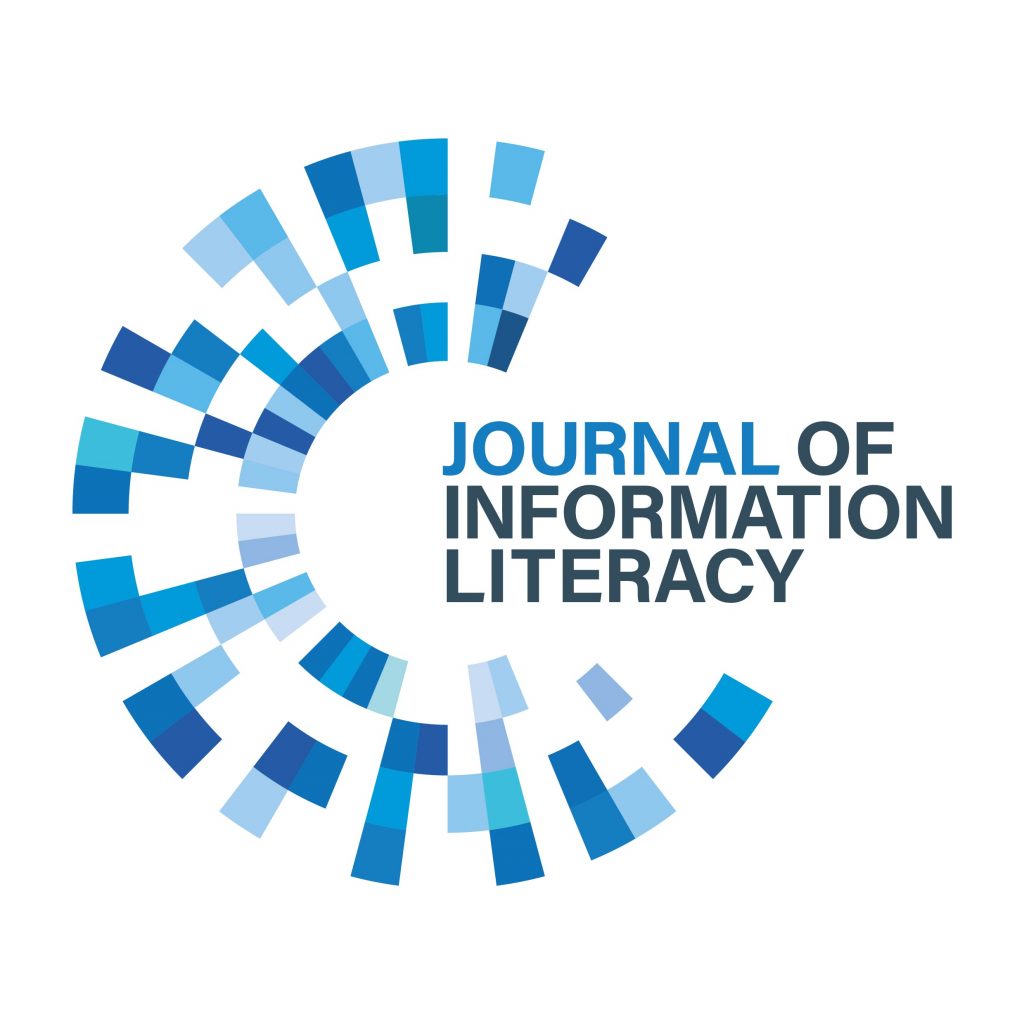Alison Hicks, the Editor of the Journal of Information Literacy shares writing tips and tricks for submitting to the Journal of Information Literacy
This spring marks three years since I took over as JIL Editor. During this time, I feel honoured to have worked with the editorial team on projects designed to improve JIL’s physical and intellectual accessibility, including for first-time authors as well as disabled readers, amongst other groups. This period has also heralded my immersion in JIL submissions and reviews – from the understandable drop off during the initial pandemic years to, thankfully, a much healthier journal inbox over the last few months. And, while each issue continues to challenge me (in a good way!) I have recently started to become more aware of definite patterns in the acceptances, requests for revision and rejection that we make. I present some of these observations here in the hope that they may make our reviewing and editorial process even more transparent for (potential) authors.
Methods, methods, methods.
This is by far the most common category of comments in reviewer feedback, but, unlike other journals, this is mostly due to omissions rather than queries about the appropriateness of the research methods chosen. For the avoidance of doubt, I would expect any empirical studies (involving observation or experience) to include detail on the data collection/generation methods chosen and the rationale for this (with interview/survey questions as an appendix), how data were analysed, the sample, recruitment methods and limitations. Some authors may want to spend more time reflecting on the ethical processes they followed, which is always welcomed. In contrast, authors carrying out more theoretical work may have a less overt methodological approach, which is also fine. But anyone writing up quantitative (studying quantities) or qualitative (studying qualities) research should consider picking up Alison Pickard’s Research Methods in Information if they have any doubts about the completeness of their research method section.
Loose connections to information literacy.
It’s been fantastic to see information literacy research extend beyond the traditional Higher Education sphere, but this also brings its own challenges, particularly when authors don’t make the connection back to information literacy scholarship and practice. To make this clear- while we accept research on other literacies (health literacy, digital literacy, ocean literacy- you name it, we’ll consider it), we insist that authors make a clear connection back to information literacy. The clue is, perhaps, in the name of the journal… Do you consider your literacy to fall under the literacies of information umbrella? Or do you consider that your literacy forms an overarching term under which information literacy sits? Either way, we’re looking for authors to position and situate their work in relation to the body of information literacy literature out there- and if they can’t do this, then JIL may just not be the right journal for this paper.
Cutesy title
As someone who hates writing titles, this is a tricky one. However, titles form another particularly common comment in reviewer feedback, mostly because the edgy title that the authors has gone with doesn’t seem to really describe what the paper is about. Concern is also raised that good papers will be lost in search engines or database indexing. If in doubt, keep it simple or at least qualify your alluring alliteration with a more descriptive subtitle. Along those lines, make sure the introduction states what you are actually trying to research. Like many people, writing forms a means of thinking for me, which means that the introduction, which I may write first, may not always match up with the paper I end up with. Double check that what you say you are going to do aligns with the findings and the conclusion, and don’t be afraid to adjust the introduction if needed.
And don’t forget that I am always happy to chat over any potential ideas for project reports or research articles- whatever stage they are in! I encourage you to reach out for an informal chat at any time. Happy writing!



